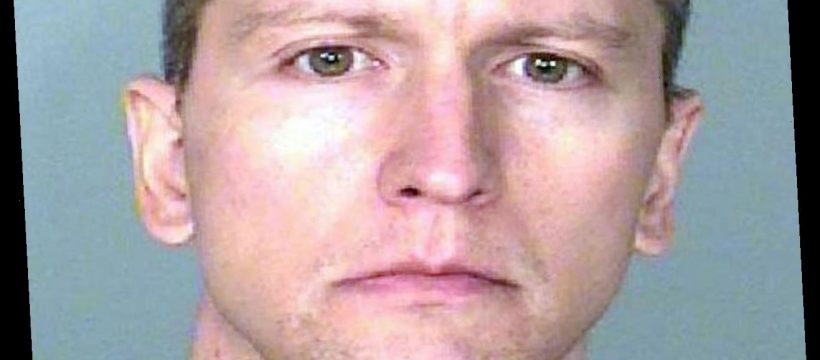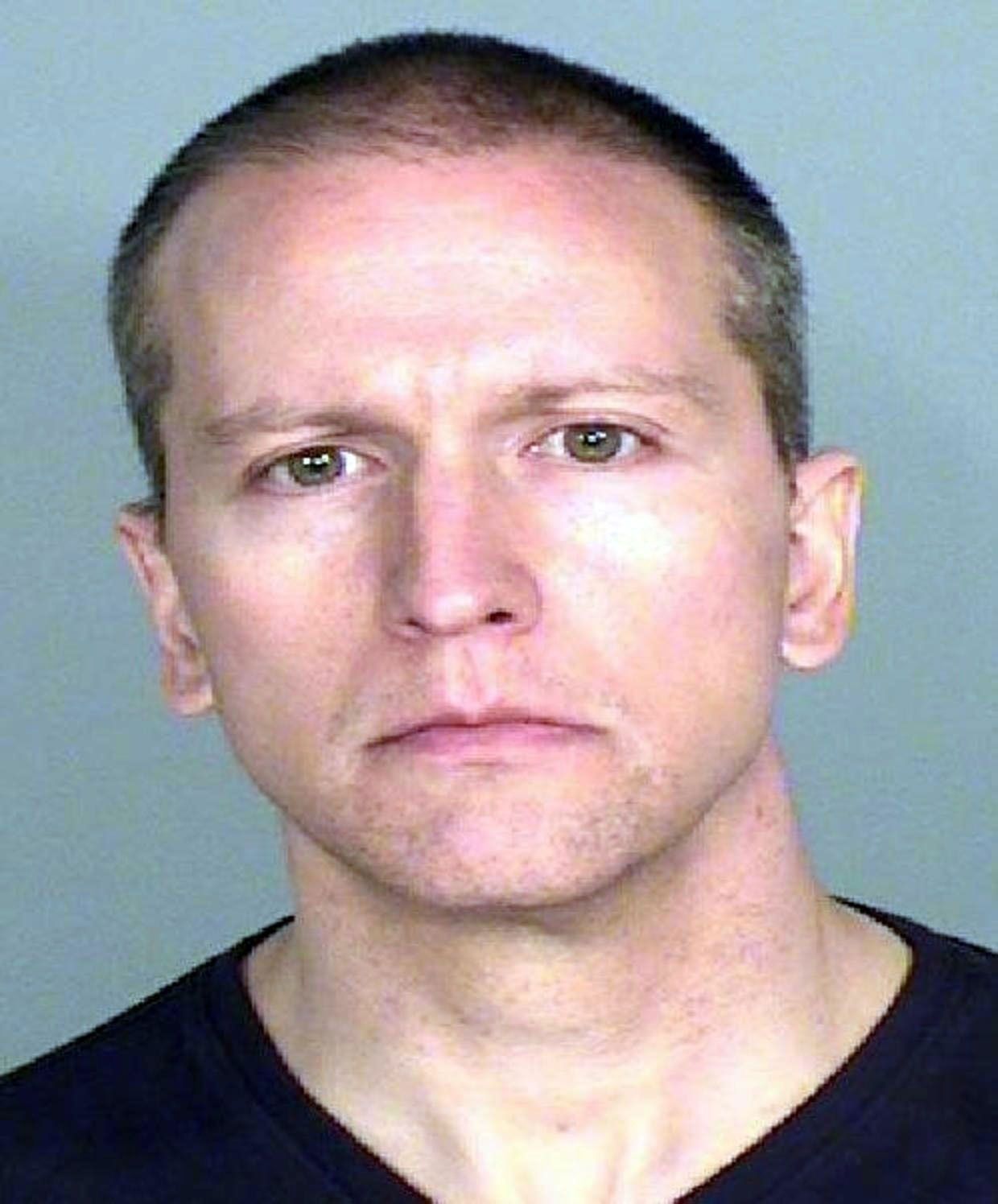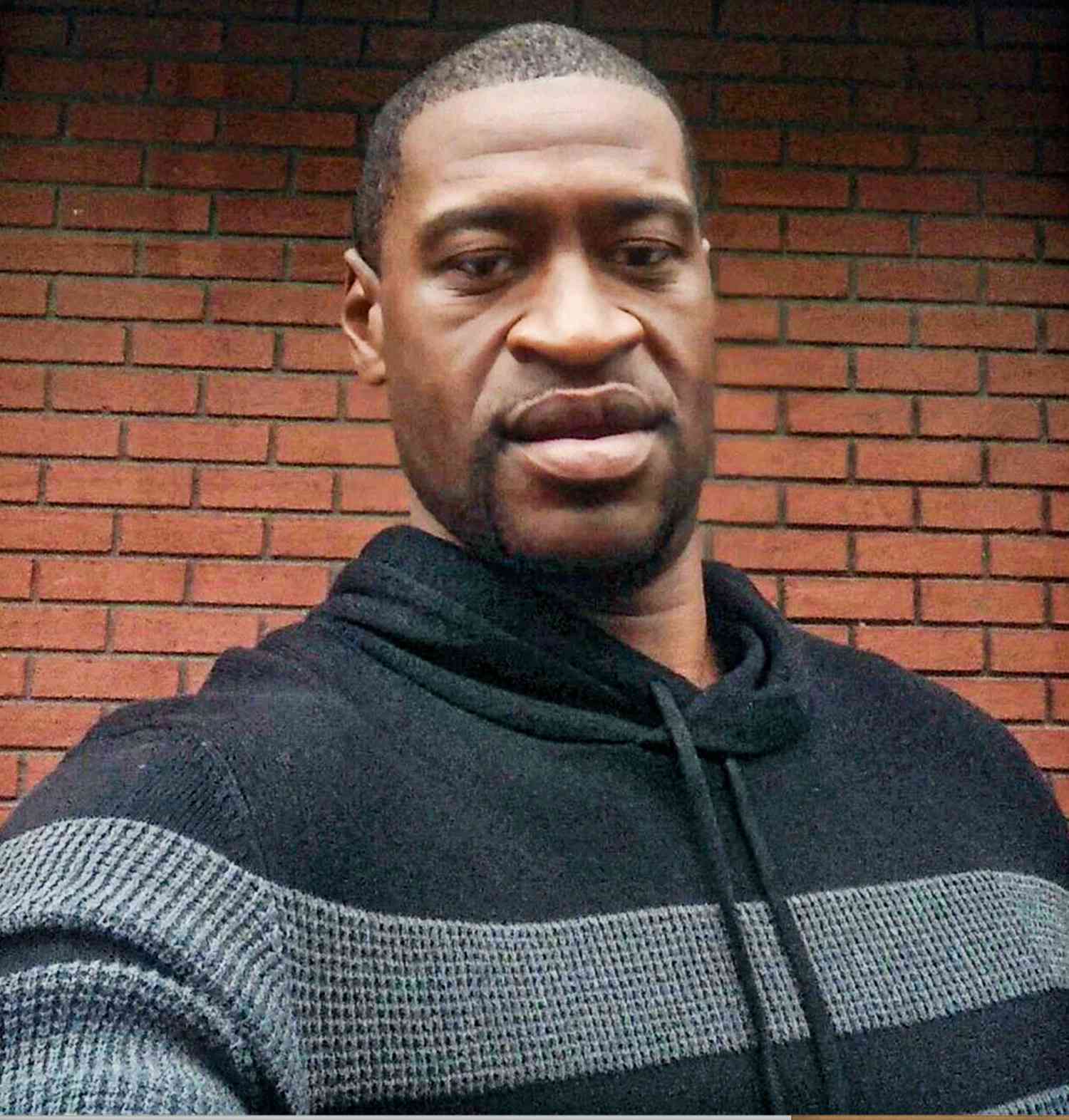For minutes, Floyd can be heard in the video groaning in pain while bystanders plead with Chauvin to let up. Throughout the video, he repeatedly asks for help. He tells the officers that he cannot breathe and says that "everything hurts." The video continued even after Floyd was visibly still.
Through researching public records and interviewing friends and neighbors, PEOPLE has learned a great deal about the man in the center of the case that has sparked hundreds of protests around the country.
Misconduct Complaints
On Tuesday, the Minneapolis Police Department released personnel records for Chauvin. The records, which are heavily redacted, paint a picture of an officer who has been investigated repeatedly for after receiving numerous excessive force complaints during his 19 years on the force.
Despite the complaints, Chauvin was only disciplined once, in August 2007. During that incident, Chauvin was accused of pulling a woman out of her car after stopping her for going 10 mph over the speed limit. According to his records, Chauvin’s squad car video camera was turned off during the traffic stop, another violation of protocol. He received a letter of reprimand for the incident.
Many of the other complaints against Chauvin were quickly dropped, and he did not receive any punishment for them. The details of those complaints were redacted from his personnel file.
His records indicate he was involved in at least three shootings as an officer. In 2006, he fatally shot a suspect during an altercation. He claimed that the suspect had a gun. Two years later, he shot and injured a suspect during a domestic violence call. In 2011, he fired at a man who was running from another shooting. He was not punished for any of the shootings.
A Contentious Divorce
Kellie Chauvin separated from her husband on May 28, according to the divorce filing obtained by PEOPLE. The separation came just one day before Chauvin was arrested.
The divorce filing cites an "irretrievable breakdown" of the marriage. Derek and Kellie Chauvin married in June 2010. They had no children together, but Kellie had children from a previous marriage.
In addition to changing her last name, Kellie Chauvin wants the titles to both of their homes: the primary residence in Minnesota, and their second home near Orlando, Florida. She is not seeking spousal support, saying in the filing that she can support herself with her work as a realtor.
Want to keep up with the latest crime coverage? Sign up for PEOPLE's free True Crime newsletter for breaking crime news, ongoing trial coverage and details of intriguing unsolved cases.
Friends and neighbors of the couple tell PEOPLE that the couple had a strange relationship — and that Kellie had been trying to get out of the marriage for some time now. "She wasn't happy with him," a friend tells PEOPLE. "But it was a big step for her to leave him."
A friend who lived near the couple tells PEOPLE that the couple's marriage was stressed by their work schedules. "They seemed to have a pretty distant marriage because they worked such different shifts and long hours," says Amy Lanza. "We wanted to get together, but they always put us off, because they were always busy and always had stuff going on. They didn't have many friends."
Adds a neighbor: "He never really wanted to engage with anyone. He would nod and wave and that would be all."
There were financial issues, as well. According to documents filed in the divorce case, Derek Chauvin entered the marriage with thousands of dollars in debt, some of which he defaulted on. The couple's two properties were heavily mortgaged.
Now in jail, Chauvin has been charged with second-degree murder, third-degree murder and manslaughter. He faces a maximum of 75 years in prison.
He is being held on $500,000 bond. He has not yet entered a plea and PEOPLE was unable to reach an attorney who might be able to comment on his behalf.
To help combat systemic racism, consider learning from or donating to these organizations:
- Campaign Zero (joincampaignzero.org) which works to end police brutality in America through research-proven strategies.
- ColorofChange.org works to make government more responsive to racial disparities.
- National Cares Mentoring Movement (caresmentoring.org) provides social and academic support to help black youth succeed in college and beyond.
Source: Read Full Article


